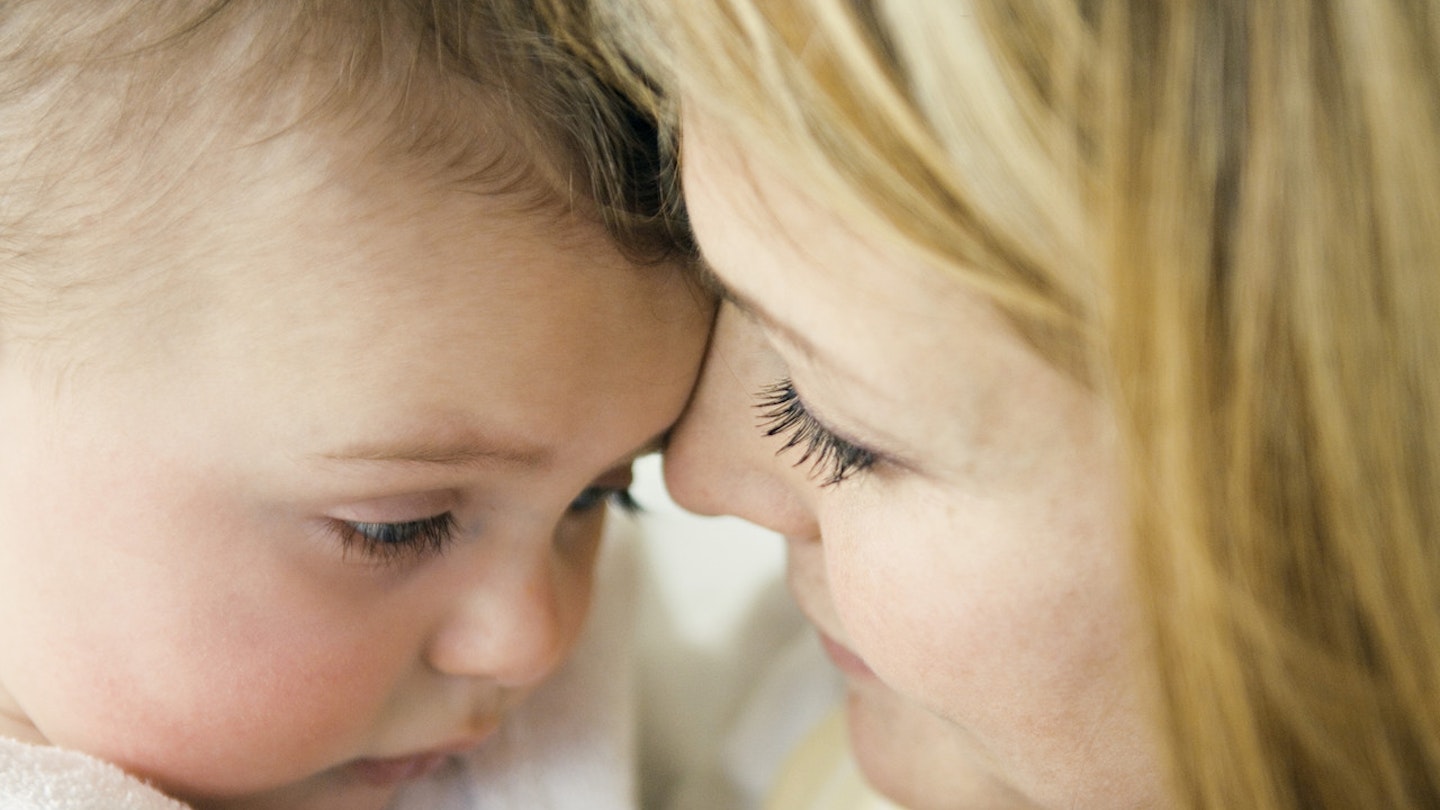A common illness in babies, rotavirus can lead to stomach flu and become serious. Thankfully, it can be prevented and treated
Watching your baby suffering with an illness isn’t nice at all, so you’ll want to know exactly what’s wrong with him and how you can help him get better, pronto.
If he’s suffering from sickness and diarrhoea then he may have rotavirus, which is really common and in the baby-sphere equally contagious.
Luckily, it shouldn’t last for too long and should clear up on its own. Here are the signs you need to look out for.
What is it?
Rotavirus is a stomach bug that’s the most common cause of severe diarrhoea in children. It’s a viral infection that spreads mainly through poo and is really contagious, meaning that unfortunately your little one will probably get it at some point.
Babies are also more likely to catch to the virus because they touch everything you’d rather they didn’t
The virus does affect adults too, but in babies it’s a lot more serious as their immune systems are still developing. Babies are also more likely to catch to the virus because they touch everything you’d rather they didn’t. Then put their fingers in their mouths.
Sooner or later, a tummy bug’s likely to strike.
What are the symptoms?
There are quite a few signs that can suggest your baby has the rotavirus.
‘Symptoms including diarrhoea, vomiting, tummy ache and fever,’ says Professor Mitch Blair, from the Royal College of Paediatrics and Child Health.
More serious symptoms include blood in his poo, frequent vomiting sickness and a high fever. Infrequent weeing and a rapid heartbeat are also things to watch out for – if you notice any of these then take your baby to his doctor as soon as you can.
How is it treated?
Rotavirus can get serious, especially if your baby is vomiting and has diarrhoea, which can quickly lead to dehydration. Keep an eye out for dark wee, tiredness and a dry mouth – all signs of dehydration.
‘Most children recover at home within a few days,’ explains Professor Blair. ‘But nearly one in five will need to see their doctor and one in 10 of these children end up in hospital as a result of complications such as extreme dehydration.’
How is it prevented?
‘There is now an oral vaccine available on the NHS, to protect against four strains of the rotavirus infection,’ says Professor Blair.
The vaccine, called Rotarix, is a liquid and is dropped straight into your baby’s mouth. There are two doses that your baby needs, to be given between two and three months as the vaccine is only available to babies under the age of eight months.
The vaccine can prevent 74% of all rotavirus cases, about 98 per cent of severe cases and about 96 per cent of hospitalisations.
